Love Island star’s death and MAFS revelations ring mental health alarm bells
In the wake of the tragic death of British TV host Caroline Flack, concerns have been raised about the duty of care in reality TV at a time when more Married At First Sight stars are publicly criticising the show.
Confidential
Don't miss out on the headlines from Confidential. Followed categories will be added to My News.
- Love Island star’s ex’s eerie message before suicide
- MAFS star lashes Nine: ‘Vultures used me’
- ‘I feel violated’: MAFS bride unleashes over video leak
Concerns have been raised about the duty of care in reality TV following the tragic death of British TV host Caroline Flack and as more Married At First Sight stars criticise the show.
The former Love Island presenter died of a suspected suicide in London last week after a series of personal struggles, with her death sending shockwaves around the world.
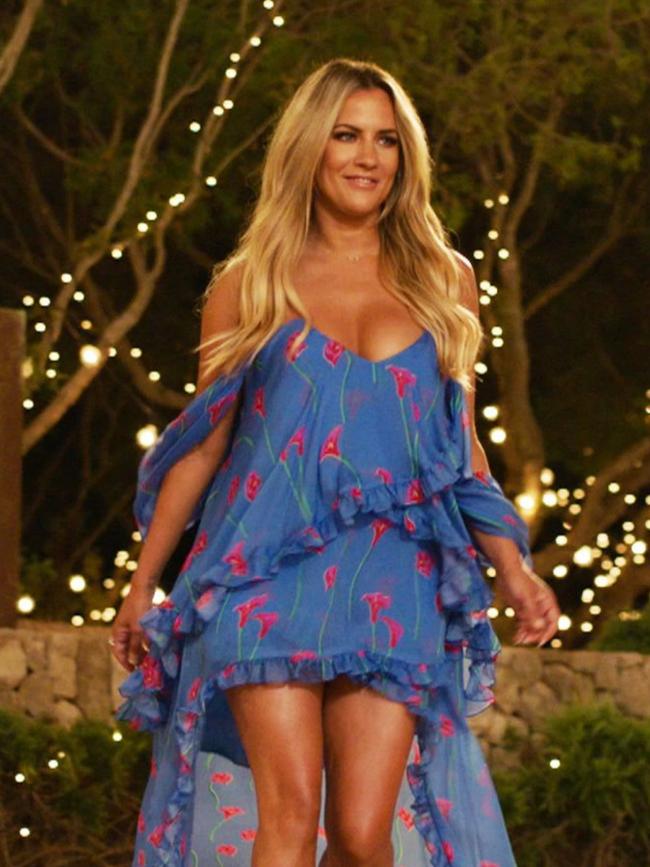
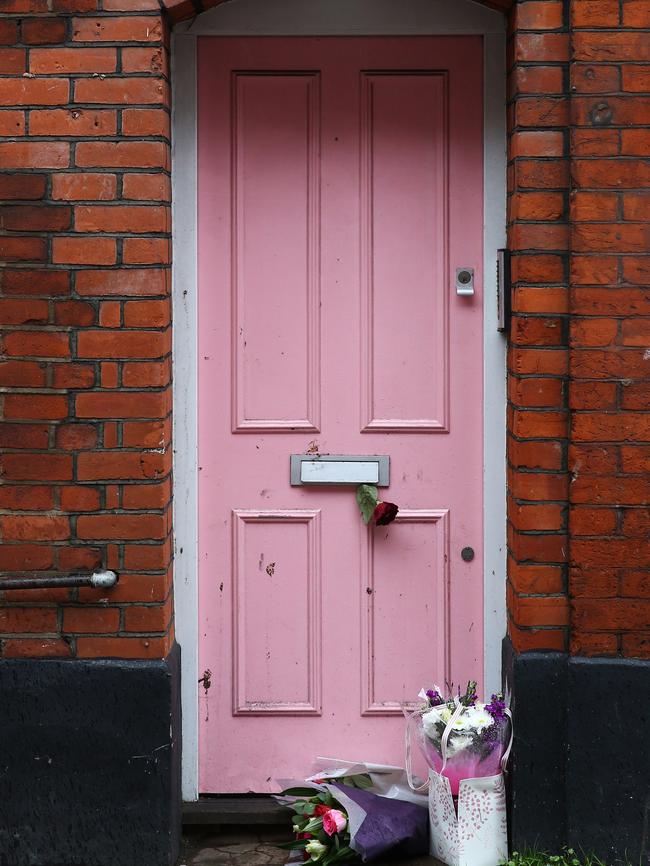
MORE NEWS
Salim Mehajer’s sister cops court lashing over driving
Sydney laneway taking Indian food to the next level
Why Kings Cross has been renamed for Mardi Gras
The incident has put the spotlight on mental health and the effect that reality TV has on contestants on shows like MAFS.
This week, bride Poppy Jennings became the latest MAFS contestant to criticise the show in an explosive Facebook statement following an incident involving partner Luke Eglin.
While Channel 9 says it takes duty of care seriously, various contestants including Tracey Jewel, Clare Verrall and Sean Thomsen have also previously spoken out against the show.
All three claim they suffered severe mental health struggles after appearing on the show due to heavy editing and social media trolling.
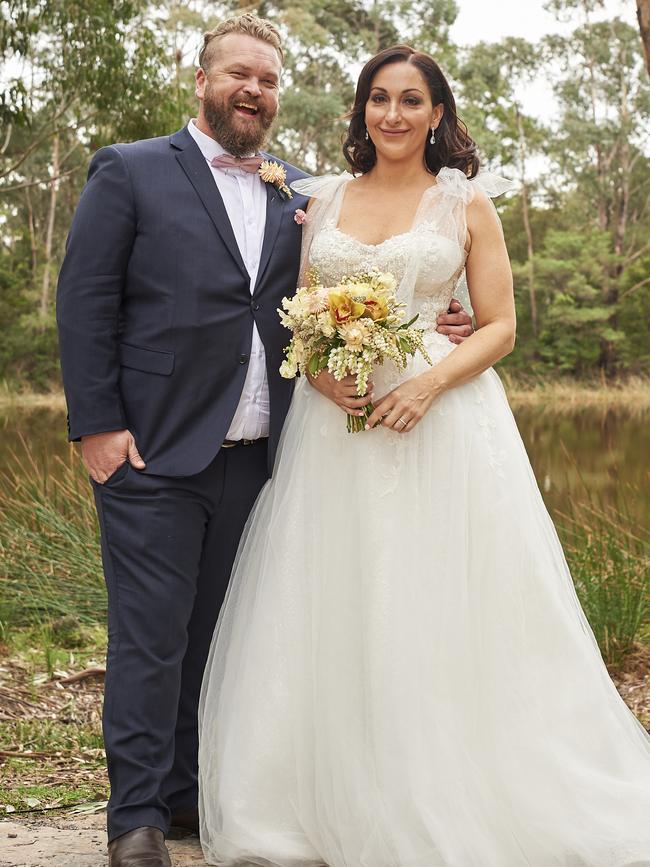
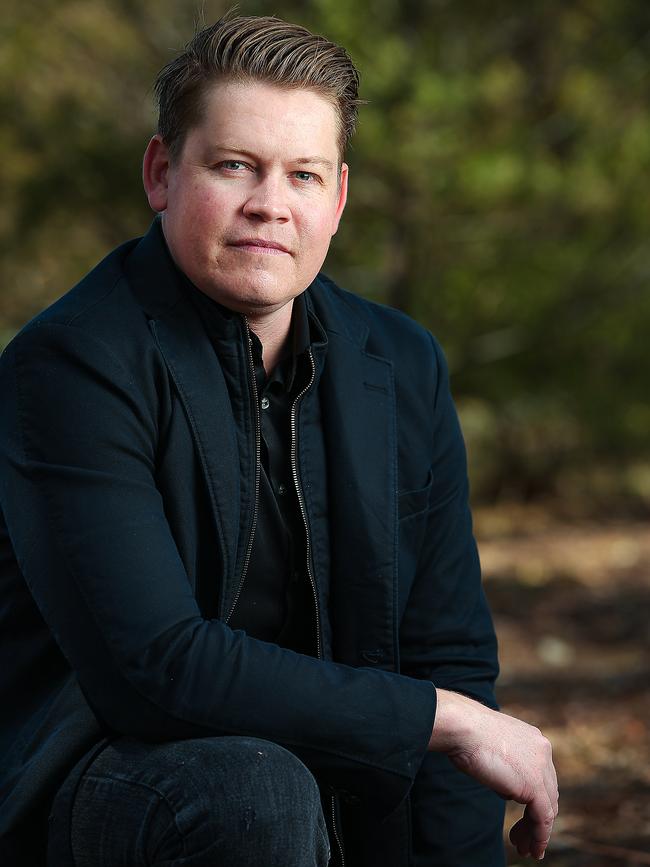
They claim Nine and production company Endemol Shine failed to offer adequate support after their respective stints on the popular reality show.
Nine says all contestants undergo mental health screenings prior to being cast on the show and have access to psychological support during and after they leave.
Media expert Nicole Reaney, of InsideOut Public Relations, said people’s safety and mental wellbeing should be a network’s first priority: “Reality shows place everyday people on a public domain, there are so many personal brand image risks that can take place.
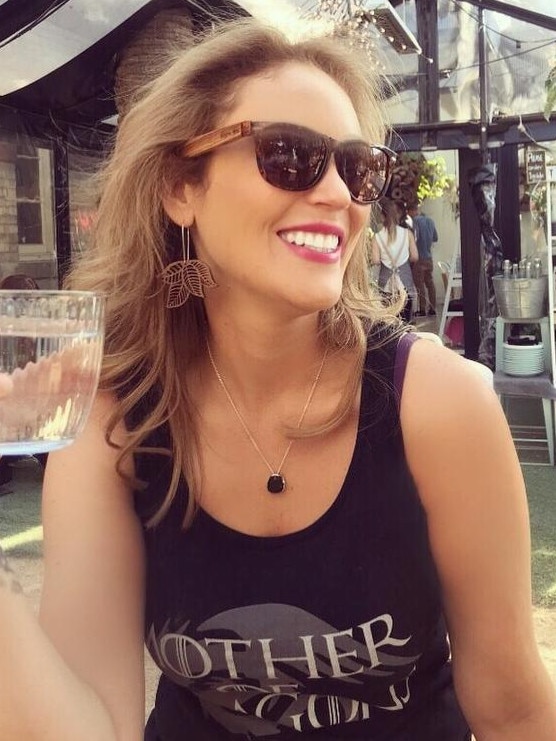
“It’s essential that producers monitor, take adequate screenings and maintain a duty of care throughout the contestant’s journey.”
Last year, it was revealed that Nine began offering past contestants free psychological support “through a 24/7 dedicated help line” just days after a landmark ruling in a case involving Channel 7 and a House Rules star.
The offer came after Seven was ordered to pay workers’ compensation to Nicole Prince, who argued that her negative portrayal on House Rules triggered post-traumatic stress disorder, anxiety and depression.
Jewel is now planning to take legal action against Endemol Shine due to severe mental health struggles which she says were triggered after she went on the show.
MAFS experts John Aiken, Mel Schilling and Trisha Stratford have also been forced to change their titles from “psychologists” to “relationship experts” following a formal complaint to the psychology Council of NSW.
Lifeline 131114
